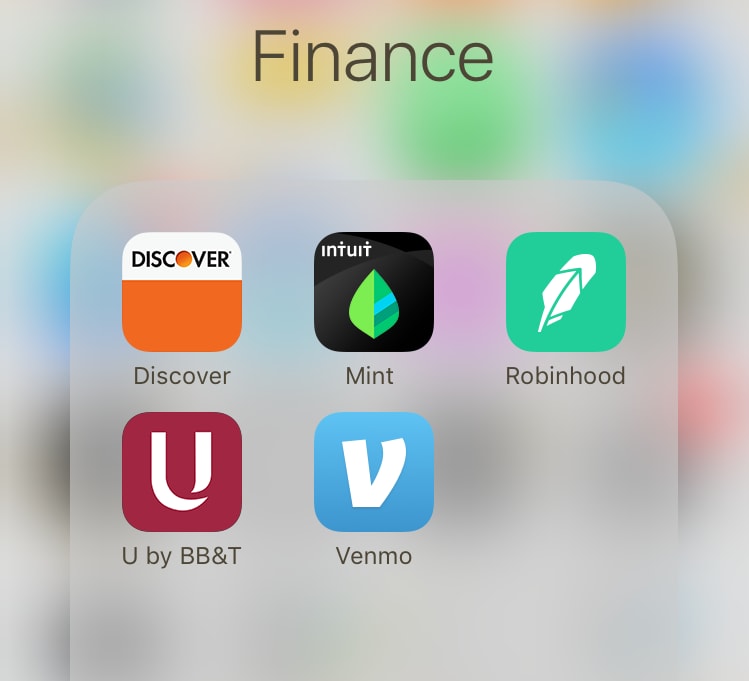
Budgeting for College Students: Ten Tips for Success

Being a college student, it’s inevitable that you might find yourself one day with a balance of $0 in your account. Whether it is the convenience of restaurants within walking distance, constant social activities with friends, or anything in between – it is easy to lose track of spending. With simple budgeting, you will be able to avoid becoming the latest victim to overdraft charges or insufficient fund fines. Here are 10 tricks that I have found helpful.
- Always know how much money you have in your account before you spend it. Contrary to the popular phrase “ignorance is bliss,” not knowing how much money you have while spending is a fast way to a $0 balance – not to mention overdraft charges!
- Use a budgeting app for an easier way to stay within your set parameters. I prefer Mint, which allows you to set up categories of spending for each month and sends alerts when you are approaching your limit.
- In creating budgets, separate your needs from your wants. Do you need that extra Chipotle bowl? Or can you make your own version for half the price at home?
- Allow wiggle room in your budget. It should not be something that completely restricts your lifestyle. John Wooden describes this perfectly in one of my favorite quotes, “Do not let making a living prevent you from making a life.”
- Let yourself have a small splurge every now and then. Happiness is key and if spending $3 over your food budget to get ice cream makes you happy, let it happen and adjust your other spending categories that month.
- Make your budget reflect realistic amounts. Calculate approximations on how much you can spend and save in a month and stick to it. The more time that you put into planning your budget, the more useful and productive it will be.
- Do not forget to think about the long run. In addition to the Mint app, I have an Excel spreadsheet in which I estimate my spending and earnings in the future. In doing this, I am able to plan for 6-8 months in advance of what my balance may look like after a few months back at school.
- Try to be as detailed as possible in your long run budget. Consider items such as continuous monthly payments (car, Netflix, rent, etc.) as well as your monthly budgets that you created for the short term.
- Look for ways to lessen your costs and don’t be an irresponsible spender. This could include shopping at a more discounted grocery store, using coupons and rewards card, only buying a “want” if it is on sale, carpooling or even sharing an Uber with others.
- Stick to the plan while remaining flexible enough to make adjustments along the way.
It is vital to keep a balance in your account to prepare for your future. College is the first opportunity most students have to manage our own finances. However, with earning money also comes spending money. It’s not a bad thing, as long as your set reasonable expectations for yourself. If you are able to control your expenses now, it will be much easier to invest and plan in the future.
What is your favorite money budgeting tip? Share when you retweet my blog!
About the author

Amanda Smith
Amanda Smith is a student at The Ohio State University majoring in finance and logistics and minoring in economics. In her free time she enjoys spending time with friends and family, and exploring new places, especially new restaurants. She is involved in Delta Sigma Pi, BuckeyeThon, Business Scholars, and is a Pearson Campus Ambassador.
Amanda is a Pearson Student Insider. To learn more about the program and apply, click here.


